Category: Pilots
-
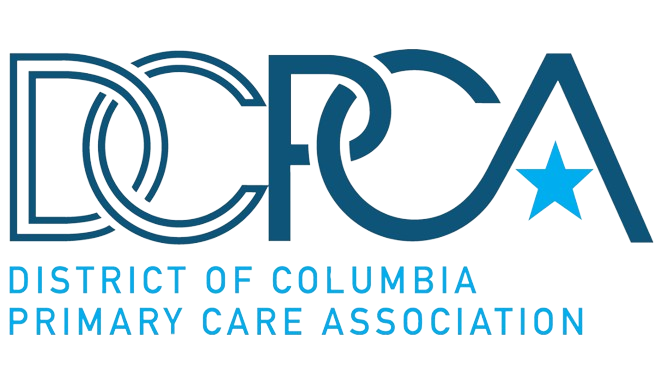
The DC Community Resource Information Exchange: Phase One Report
The District of Columbia’s community of health, human, and social service providers are struggling with a familiar challenge: they want to be able to more effectively coordinate care among their patients and clients, yet their systems can’t currently ‘talk’ to each other. In response to this issue, DC’s Department of Health Care Finance (DHCF) initiated…
-
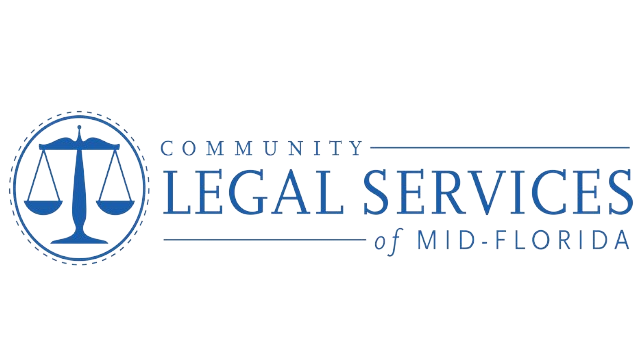
The Florida Legal Aid Resource Federation: Pilot Report
After two years of development, we’re pleased to share details of our successful Florida Legal Aid Resource Federation pilot! Initiated in 2016 (see our original post here) and completed in 2018, with support from the Legal Services Corporation and the Florida Bar Foundation, the Florida Legal Aid Resource Federation (FLARF) was a complex project with a…
-

Introducing Benetech Service Net
This post originally appeared on the Benetech blog and is reposted with permission. As inequality deepens in Silicon Valley and the San Francisco Bay Area – in Benetech’s backyard – the crises facing our neighbors in need continue to mount. This is happening despite the efforts of governments, philanthropies, nonprofits, and social good work by technology companies…
-
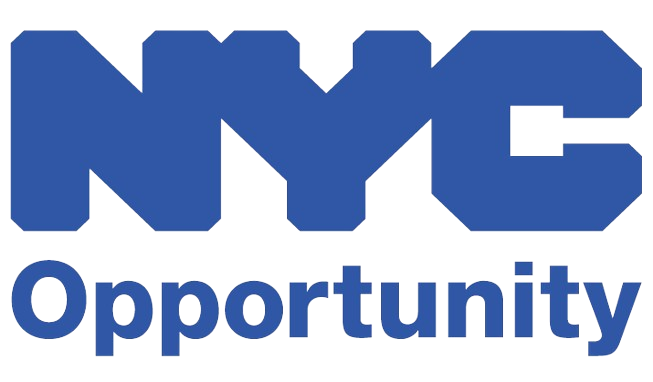
NYC government publishing open data for municipally-contracted service providers
This post comes to us from Oonagh Jordan, a VISTA Fellow with the New York City Mayor’s Office of Opportunity. Oonagh is leading the project management of this initiative. In New York City, community-based organizations that deliver programming at neighborhood sites play a crucial role in administering City-funded programs and services. There is, however, currently…
-
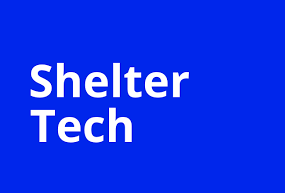
Building Both Technology and Community to Address Homelessness in San Francisco
ShelterTech is currently a 50 member strong all-volunteer non-profit, bringing free wifi and other digital tools to the homeless community of San Francisco. In November 2017, we won a grant from the Mayor’s Office of Housing and Community Development to collaborate with the SF Bar Association’s Homeless Advocacy Project to digitize their bi-annual print-only resource…
-
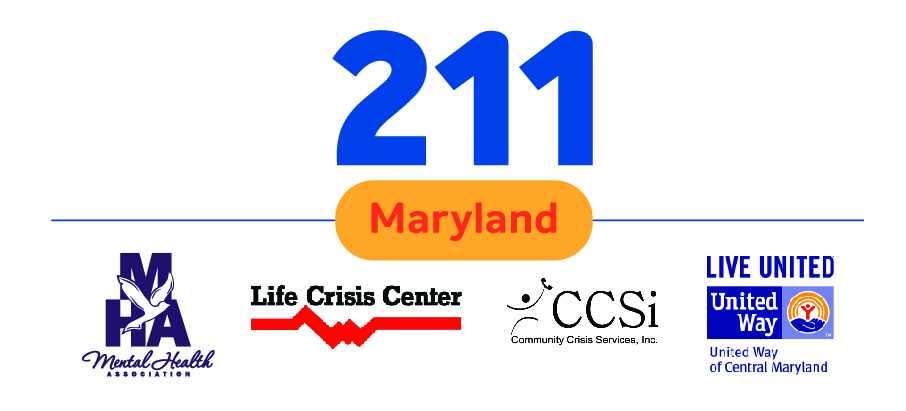
Maryland Open211: Learning a New Language
There is a great scene in the 1984 version of Footloose where the high school “punk” Wren (played by Kevin Bacon) seeks permission from the town council to hold a dance. The local Pastor (played by John Lithgow) reminds Wren, the local citizens, and the town council that a dance is fraught with evil and…
-
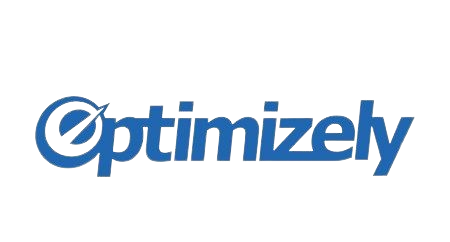
Hacking on Link With Optimizely And Benetech
Open Referral went to San Francisco on Wednesday August 9th to participate in a social good hack-day at Optimizely. In collaboration with our partner Benetech, Open Referral set up as one of the social good projects that 20+ employees worked on for the day. Overall, our team was strong in front-end web and mobile…
-
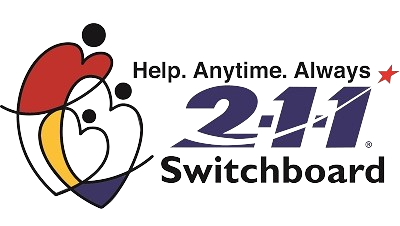
Miami Open211 Phase One: Our Report
Last year, the Miami Open211 project set out to demonstrate that an information-and-referral helpline operator can evolve into an open platform — providing machine-readable data as a service to its community — in ways that are both technically efficient and institutionally sustainable. This project, which began in partnership with Switchboard of Miami, was Open Referral’s first formal pilot with…
-
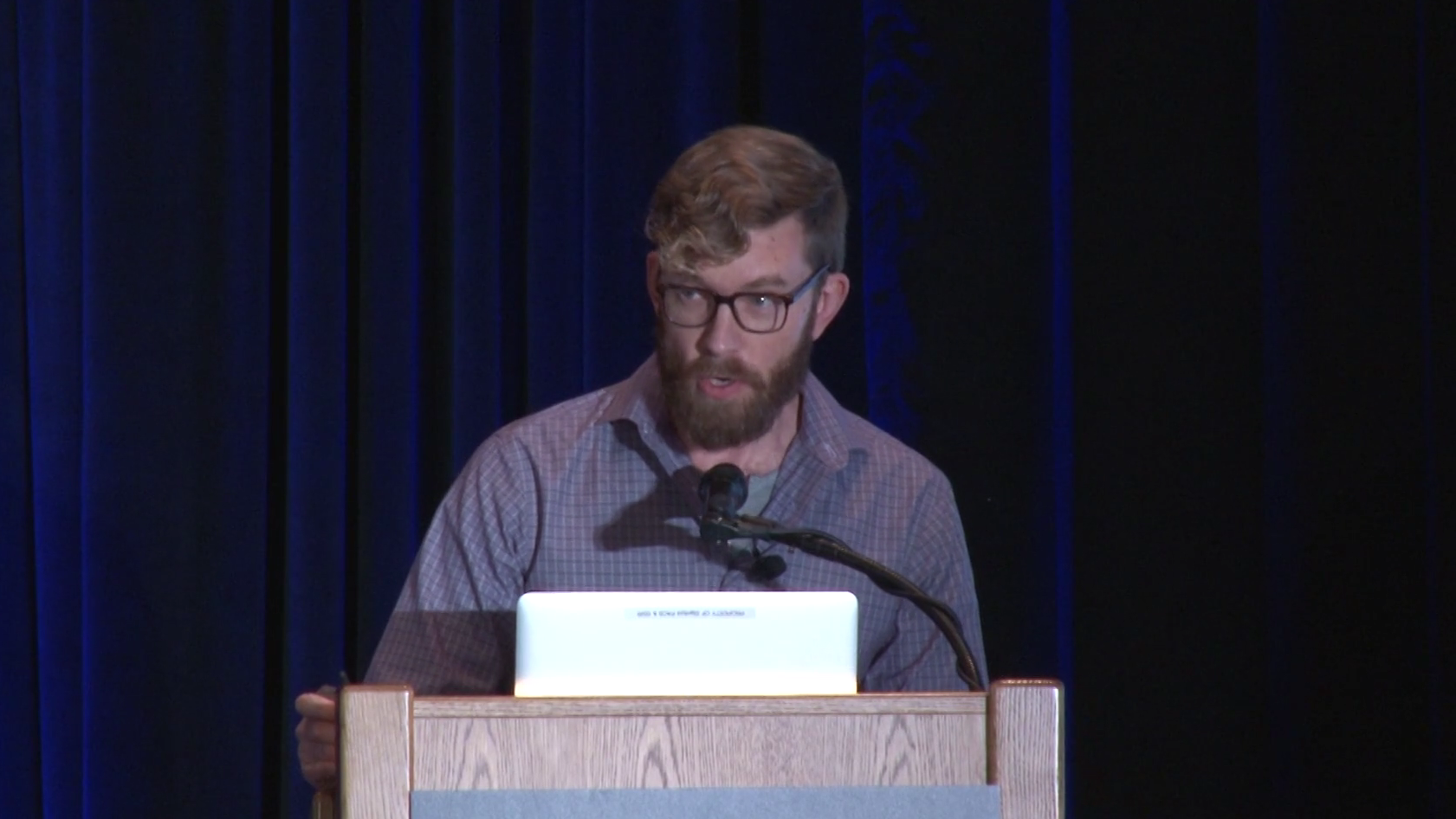
Talking Open Referral at Stanford’s Data on Purpose
Last month I visited Stanford to speak at the 2017 Data on Purpose conference, sponsored by Stanford’s Center for Philanthropy and Civil Society, the Stanford Social Innovation Review and Digital Impact (née Markets for Good). From Possibilities To Responsibilities: Unlocking Data and Unleashing Its Potential (Jake Porway et al) from Stanford PACS. Much of the…
